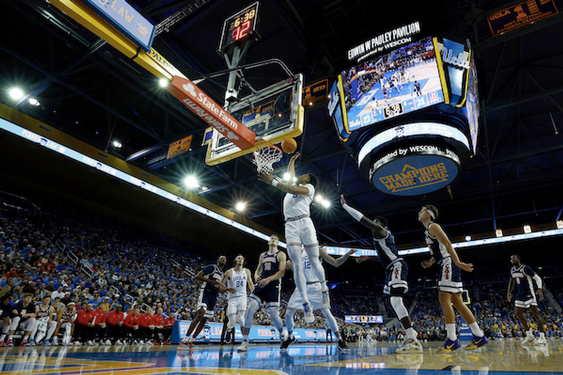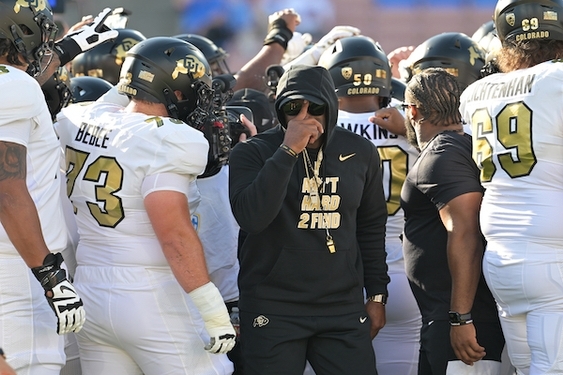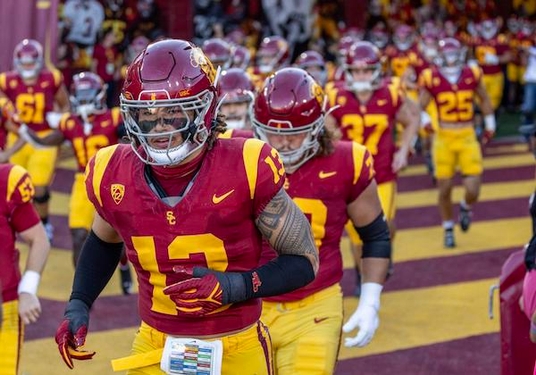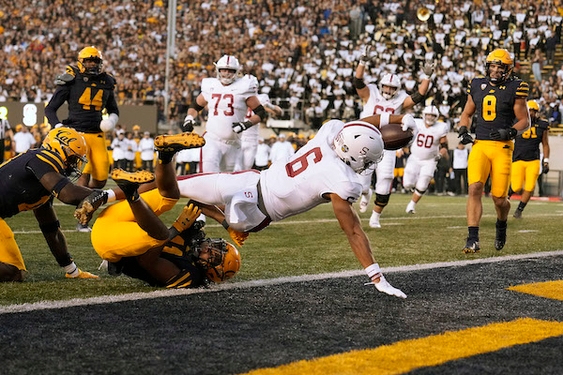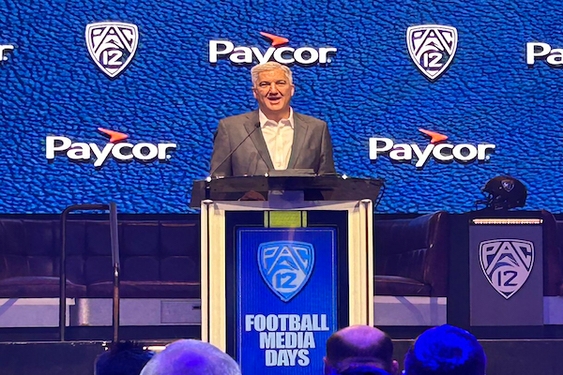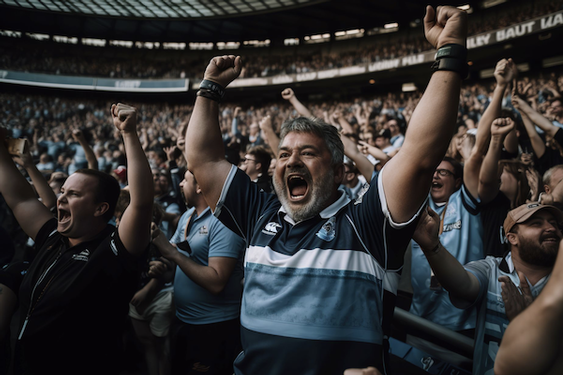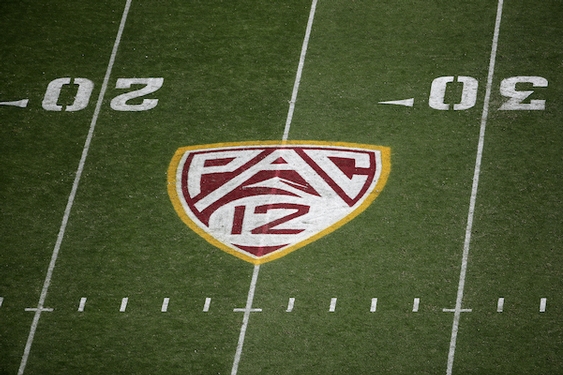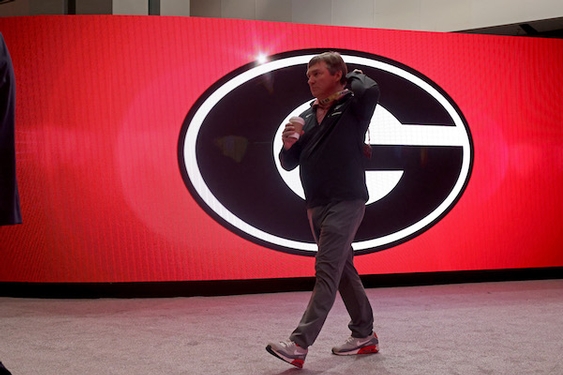John Wooden’s long life was a glorious contradiction. Most men who profess to live by the Golden Rule spend a lifetime violating every inch of it. Wooden, the 20th century’s greatest college basketball coach, spent his four-score and 19 years doing unto others as he would have had them do unto him.
But he wasn’t perfect. On occasion, he was heard to exclaim, “That’s a travel, dagnabbit,” or “Sakes alive, that’s a foul.” The perfection came when that whirling blur of a UCLA fastbreak was reeling off a 20-0 run. For 10 seasons of NCAA Tournament dominance, it was the Bruins up on Mount Everest’s summit and everybody else gasping for air far down the glacier.
He is said to have been a bench jockey who often scolded miscreant officials and opposing players who took physical liberties with his Bruins. But always with the proprietary inflection of a minister scolding his flock for shorting the collection plate. “Keep your hands off him, son.” Stuff like that.
I love the story of how freshman Bill Walton, a hirsute adaptor of the hippie look, was ordered to lose his dense forest of hair. The center who fired UCLA to back-to back 30-0 seasons and their sixth and seventh consecutive NCAA titles was ordered to show up well-shorn for the next practice. He reported with considerably less hair, but not nearly enough to suit coach Wooden. Wooden said he was sorry, Bill, but that’s not short enough. “Now get out of here.” Walton was back in the gym, semi-bald, in time for the final half-hour of practice.
Wooden came to UCLA relatively late in a career that began as a teacher and coach at Dayton High in Kentucky, then at Indiana’s South Bend Central High – all before World War II. He took an 11-year record of 218-42 into the service. His early career would have made a terrific Hollywood prequel – how about, “Before Hoosiers”?
But how would a basketball movie play where the coach has a closet in his modest home devoid of skeletons, a beloved wife named Nell who was his high school sweetheart, who coaches multiple sports including baseball, who recites passages from classic literature and seems to have a quotation to fit every life or game situation.
After the war, he coached at Indiana Teachers College. It was an NAIB college. His 1947 team earned a spot in the NAIB national tournament. Wooden was also the ITC athletic director, and he declined the postseason berth because the NAIB barred black players from its tournament.
Wooden’s sense of justice was not lost in later years on the many African-American players who starred for his great teams. He went to his rest beloved by every player who passed through UCLA.
According to his good friend, ESPN’s Rick Reilly, John’s top UCLA salary was $35,000. He never asked for a raise.
A single-digit loss to UCLA in an NCAA final – hell, in any game – was a badge of honor. College hoops TV analyst Digger Phelps is better known for snapping UCLA’s epic 88-game winning streak in South Bend than for any other accomplishment as coach of the Fighting Irish.
The Wizard of Westwood – how he disliked that media-bestowed handle – abhorred showcase dunks, but permitted reserved slams when a layup was unavailable. He coached some of the flashiest players in college history, but for Wooden they toned down their incandescent skills.
What was never toned down was the Wooden style of play, the furious tempo of the most devastating fastbreak in college history. Or his high-post offense, copied by every NBA coach. Of course, the players in the high post were some of the most gifted big men in hoops history.
The 1968 game between a UCLA team riding a 47-game winning streak and a Houston team featuring Elvin Hayes in the Astrodome was billed as college basketball’s “Game of the Century.” Lew Alcindor’s role was restricted by a scratched cornea, and he played wearing goggles. Houston won, 71-69. Alcindor was healthy when they met again in the NCAA semifinals. UCLA slaughtered Houston, 101-69, then tuned North Carolina, 78-55, for Wooden’s fourth title.
Basketball is a coach’s game. If a football coach is a company commander, a basketball coach is a squad leader, hands on and in control of every aspect of leadership. No coach in any team sport has had the control of a squad, of his own life and theirs, or commanded such obedience, love and loyalty as what John Wooden had right to the moment of his passing.
(c) 2010, Philadelphia Daily News.
Sports: Special Feature
John Wooden: More Than a Basketball Coach
By Bill Conlin

Flowers, candles and photo of John Wooden left at the feet of “The Bruin” sculpture June 5 at UCLA
(Credit: Brian van der Brug/Los Angeles Times/MCT)
Article posted on 6/8/2010
This article has been viewed 1996 times.



